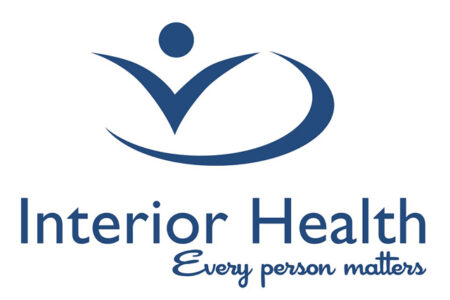Supplements You Are Taking —Do You Need Them and Which Ones?
I still have patients come in and tell me they are told they should be able to get everything they need from their food, so, I ask them if they are eating totally organically, never eat out, never drink coffee, tea or other stimulants or alcohol and handle their stressors effectively.
I have never had a patient that can respond to all of those with a yes!
Therefore, it is impossible these days to get everything you need from food, otherwise, no-one would need medications.
Ask yourself how many people you know that do not take any form of drugs, prescribed, over-the counter or otherwise.
You can probably count them on one hand.
Typically, most people need boosting in certain minerals, vitamins or other supplements, depending on their lifestyle and genetic weaknesses. So, what is it you really need?
One of the common occurrences in my office is folks coming in with a bag full of supplements they are taking that are self-prescribed. I spend quite a bit of time going through each of them to see if they are effective or tolerated by that person.
I typically find there are a number of supplements that are either not tolerated or are ineffective. This is especially true if the person is taking tablets — as I explained in a previous article, tablets have a lot of binders and fillers to make that tablet and often people do not tolerate them.
The other issue about tablets, even if they are tolerated, they typically only absorb about 10 percent due to the difficulty in breaking them down and the other binders and fillers competing to be absorbed as well.
So, even though they may dissolve easily, that doesn’t necessarily mean they will absorb as well as a capsule or powder. Therefore, as I stated before, it is better to buy a capsule, powder or liquid if you choose to buy a supplement.
The second issue about supplements is that each subsequent supplement that is added has to be evaluated in regards to the other supplements that are already in the mix.
Typically, if you are taking raw materials, such as Vitamin C, that is water soluable, the body will discard any amount that it doesn’t need that day through the feces and urine.
So, for water soluable vitamins and minerals, it is very difficult to take too much, since the body will just get rid of the excess. (This is assuming proper function of the digestive and urinary system).
Vitamins and minerals are the raw materials the body requires to function properly, so, it is essential that the body receives the right amount of these everyday.
The first source, is, of course, the foods you eat and the second source is from supplementation if needed.
So, this comes back to properly evaluating where your specific weak areas are that are in need of correction and use those specific supplements to re-balance the system.
Once that system is re-balanced, the food can usually sustain the proper levels, but, in the beginning, I find you need the higher doses to first establish that balance.
Note that the RDA on any label is the amount to prevent a specific disease, not, create optimal balance and health! So, for instance, the RDA for Vitamin C is to prevent scurvy.
The amount doesn’t come near the requirement to repair skin, muscle, tendon, ligament problems, maintain vein and artery wall strength to prevent varicose veins, coronary artery disease, atherosclerosis, heart attacks, or to prevent skin rashes and any over-reaction to an environmental or food allergy or irritant, have healthy hair and nails, maintain bone structure, energy levels, handle stressors properly, have proper digestion, and maintain eyesight . . .. I could name many more functions of Vitamin C, but, I think you are starting to understand just how important proper nutrient levels are.
When a patient first sees me, I check their vitamin and mineral levels to make sure I identify which ones are fine and which ones are deficient. I find this extremely useful and a big cost savings for people, since it eliminates supplements that aren’t needed and identifies the ones that need increasing.
It typically eliminates that “bag” of supplements down to the essentials required to get the system in balance.
The other issue in supplementation is possible interactions with drugs. Typically with raw materials, it is not too much of a concern, unless the drugs are suppressing a normal reaction in the body.
Then the nutrients need to be evaluated and modified if needed. So, it is also important that both are evaluated together.
Some drugs deplete nutrients. For instance, birth control pills deplete B vitamins and heart medications deplete CoQ10—the list goes on. As you can see, evaluating the whole picture is important, because, as in CoQ 10 — this is one of the main nutrients that is required for proper heart function, so, by taking heart medications that are being used for certain reasons, they are actually weakening the system in other ways, so, this can be compensated for by taking CoQ 10.
This is just one illustration how important it is to evaluate the whole picture. It is like putting the pieces together, the more pieces there are, the more complicated the issues are and the longer it takes to bring the body back to balance.
The good news, it can be achieved.
As you can see, it can be somewhat complicated, so, if you are interested in knowing if you are taking the right combination of supplements,consider an appointment with: Dr Brenda Gill at: 250-362-5035.
Dr Brenda Gill is a practicing naturopath with an office in Rossland and is a regular contributor to The Nelson Daily.

























